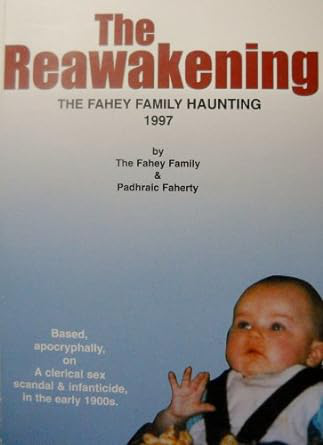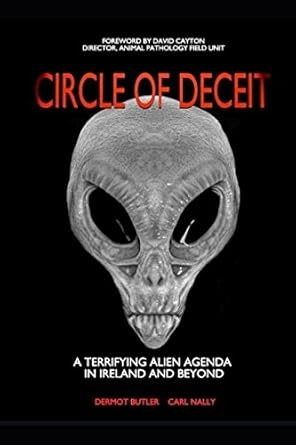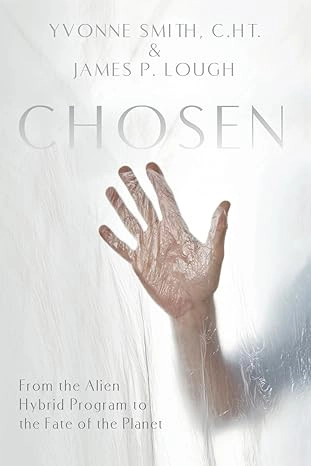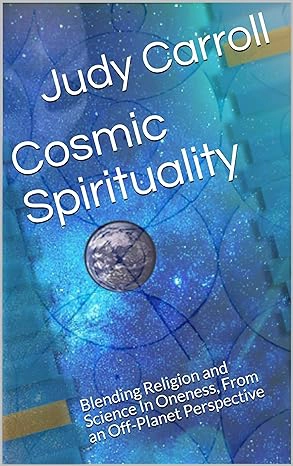Are We Connected to an Anti-Universe?
Science/Medical/Technology
Tuesday 11th, June 2024
2 minute read.
The Lambda-Cold Dark Matter (ΛCDM) model has long been our best explanation for the universe’s expansion since the Big Bang. This model, however, hinges on the existence of dark matter and dark energy, two theoretical constructs yet to be directly observed. The nature of these components has prompted scientists to seek alternative explanations for the universe's accelerated expansion.
A novel idea has emerged from Naman Kumar, a researcher at the Indian Institute of Technology. In a recent publication in the journal Gravitation and Cosmology and discussed in the Science X Dialog series, Kumar proposes that our universe might be part of an entangled pair with another universe.
"In my work, I propose another model to explain the present accelerated expansion of the universe. Unlike existing models, this does not require any form of dark energy or modified gravity approaches", Kumar explained in a press release. "However, there is a price to pay: we need a partner anti-universe whose time flow is oppositely related to our universe".
This hypothesis echoes a concept put forth in 2018 by scientists from the Perimeter Institute of Theoretical Physics in Ontario. They suggested our universe could be the mirror image of another universe flowing backwards through time. Their theory, which still faces numerous observational and experimental challenges, offered a compelling candidate for dark matter in the form of a "sterile" neutrino. Importantly, it adheres to CPT symmetry, a fundamental physics principle, lending credibility to their approach.
Kumar's theory takes this concept further by integrating ideas from quantum theory and general relativity. He uses relative entropy, a measure requiring two states (in this case, the universe and its partner anti-universe), and the null energy condition to argue that accelerated expansion is a natural consequence of an entangled universe pair.
“Relative entropy, which requires two states, in this case, corresponds to the universe and its partner anti-universe”, Kumar wrote. “Accelerated expansion seems inevitable in a universe created in pairs that respect the null energy condition”.
The pursuit of such theories signifies a period of robust experimentation in theoretical physics, akin to a “throw things at the wall and see what sticks” approach. While the foundational theories established by Isaac Newton and Albert Einstein remain integral to our understanding, it's the responsibility of scientists to continuously challenge these paradigms and explore new possibilities.
A novel idea has emerged from Naman Kumar, a researcher at the Indian Institute of Technology. In a recent publication in the journal Gravitation and Cosmology and discussed in the Science X Dialog series, Kumar proposes that our universe might be part of an entangled pair with another universe.
"In my work, I propose another model to explain the present accelerated expansion of the universe. Unlike existing models, this does not require any form of dark energy or modified gravity approaches", Kumar explained in a press release. "However, there is a price to pay: we need a partner anti-universe whose time flow is oppositely related to our universe".
This hypothesis echoes a concept put forth in 2018 by scientists from the Perimeter Institute of Theoretical Physics in Ontario. They suggested our universe could be the mirror image of another universe flowing backwards through time. Their theory, which still faces numerous observational and experimental challenges, offered a compelling candidate for dark matter in the form of a "sterile" neutrino. Importantly, it adheres to CPT symmetry, a fundamental physics principle, lending credibility to their approach.
Kumar's theory takes this concept further by integrating ideas from quantum theory and general relativity. He uses relative entropy, a measure requiring two states (in this case, the universe and its partner anti-universe), and the null energy condition to argue that accelerated expansion is a natural consequence of an entangled universe pair.
“Relative entropy, which requires two states, in this case, corresponds to the universe and its partner anti-universe”, Kumar wrote. “Accelerated expansion seems inevitable in a universe created in pairs that respect the null energy condition”.
The pursuit of such theories signifies a period of robust experimentation in theoretical physics, akin to a “throw things at the wall and see what sticks” approach. While the foundational theories established by Isaac Newton and Albert Einstein remain integral to our understanding, it's the responsibility of scientists to continuously challenge these paradigms and explore new possibilities.



